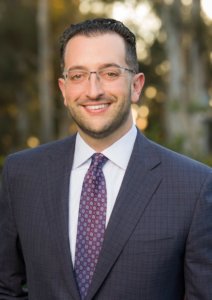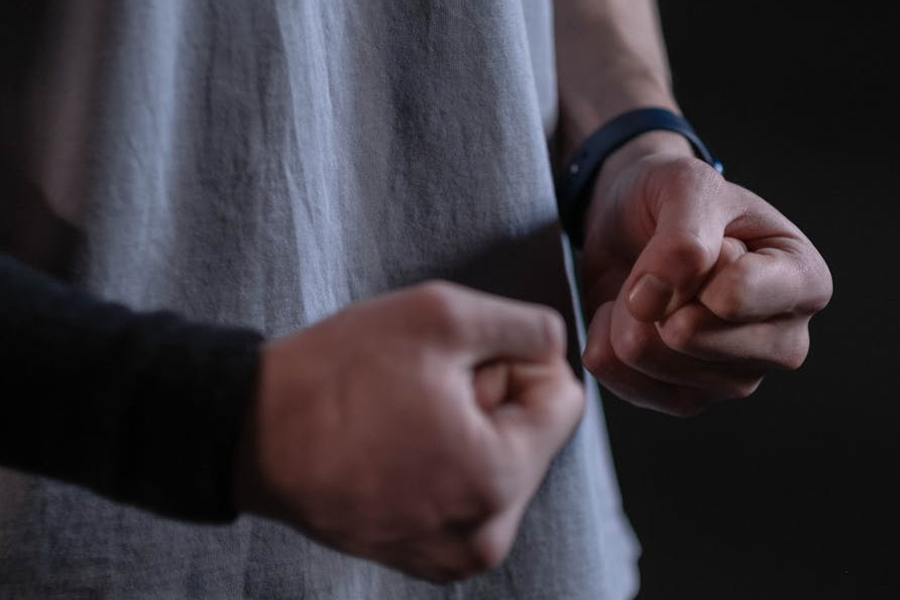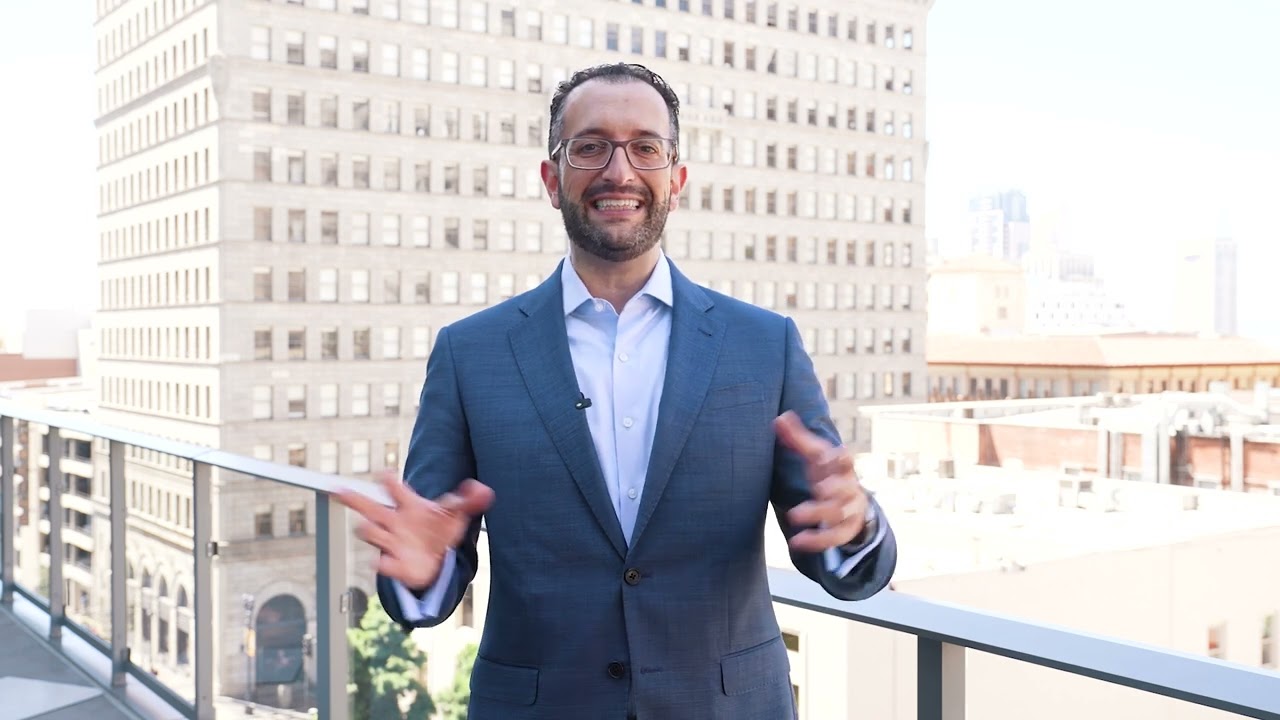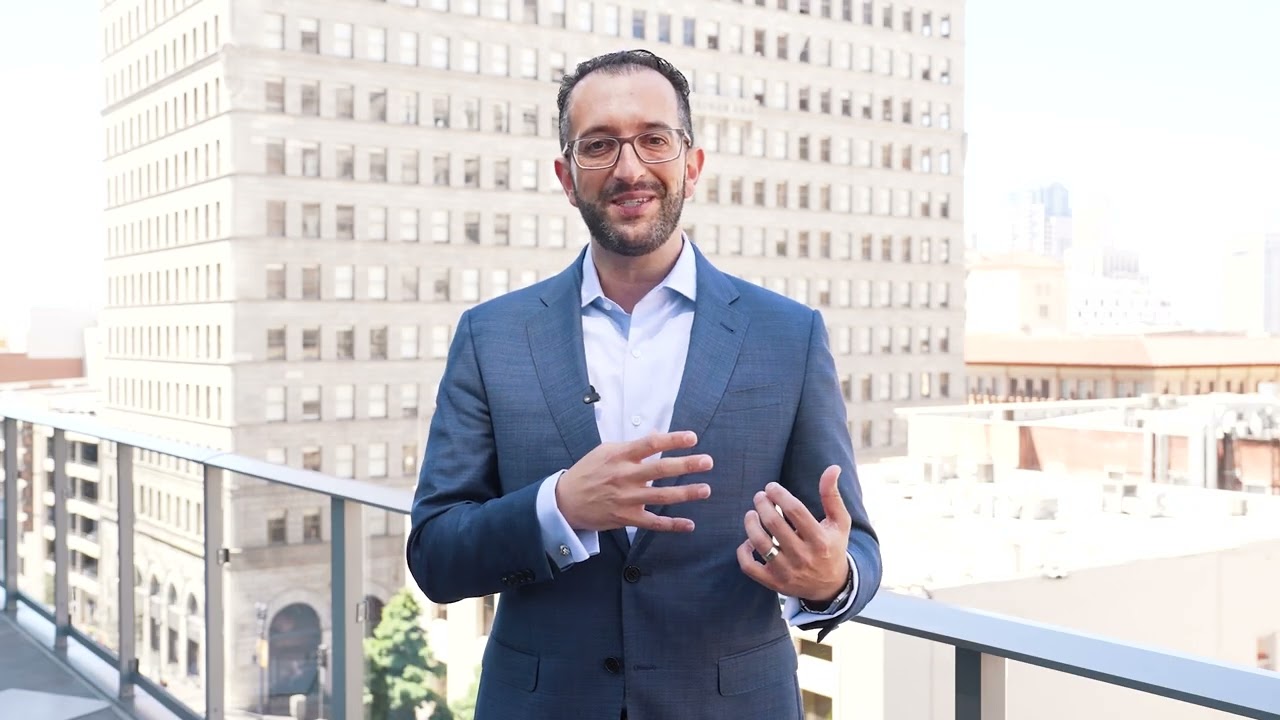How to “Clean up” Your Criminal Record
Motion to Seal and Destroy Arrest Record (Penal Code 851.91): Thanks to a new law that took effect January 1, 2018, those that have been arrested but not charged, or those whose case has been dismissed, will have an easier time sealing and destroying their arrest records. Most arrests or charges qualify (even child abuse, elder abuse or domestic violence – unless there is a pattern of arrests or convictions).
Motion for Early Termination or Modification of Probation (Penal Code 1203.3): At any time after the Court grants probation, the defendant can petition the Court for early termination of probation. Practically speaking, one is in the best position to apply for this type of relief if all the requirements of probation have been satisfied (e.g. fines, fees, community service or programming).
Once probation is terminated, any custody time hanging over the person’s head will go away. If one is on formal felony probation, a motion to modify can be filed in order to convert the probation to summary probation, which means no more probation officer if the motion is granted.
Petition to Withdraw Guilty Plea and Dismiss Case (a.k.a. “expungement”)(Penal Code 1203.4): Once a person is off of probation (either because it naturally expires or because a motion to terminate probation early has been granted) he or she can apply for this relief if no other charges are pending and if not serving a sentence on another case. Having the petition granted will allow the person, in most circumstances, to answer “no” when asked if they have been convicted of a crime.
Motion to Reduce Charge (Penal Code 17(b)): For felonies that are “wobblers” (charges that could have been filed as either a misdemeanor or felony) one can petition the court to reduce the charge to a misdemeanor. This may have the benefit of restoring gun rights lost as a result of the felony conviction for certain types of offenses.
A granted “17(b) motion” will also likely lead to the conversion of formal probation to summary probation. In most circumstances, this motion is made in addition to others, such as a termination of probation and a petition to “expunge.”
Related posts:
Author Bio

David P. Shapiro, the managing partner and founder of a leading San Diego criminal defense firm, is driven by an unwavering commitment to providing the best possible representation to his clients facing criminal charges. With a deep understanding of the fear, uncertainty, and concern for one’s future that his clients experience, David approaches each case with empathy and dedication, advocating tirelessly for their rights and freedoms.
Focused on complex and high-stakes cases, David handles a wide range of serious charges, including felonies, violent crimes, sex crimes, drug offenses, and white-collar crimes. Since establishing his practice in 2010, David has earned a reputation as one of San Diego’s most respected criminal defense attorneys.
His firm has been recognized by LawFirm500 as one of the nation’s fastest-growing law firms and was a 2022 Better Business Bureau Torch Award for Ethics Winner. The San Diego Business Journal named David’s firm the 17th Fastest Growing Private Company in San Diego from 2019-2021 and recognized David as one of San Diego’s 500 Most Influential People in 2022. With a strong dedication to his clients and community, David continues to be a driving force in the San Diego legal landscape.
Recent Posts
Where others treat you like a number, we treat you like a human.
PRACTICE AREAS

Facing Criminal Charges in San Diego?
Here’s what you need to know to regain control of your future







